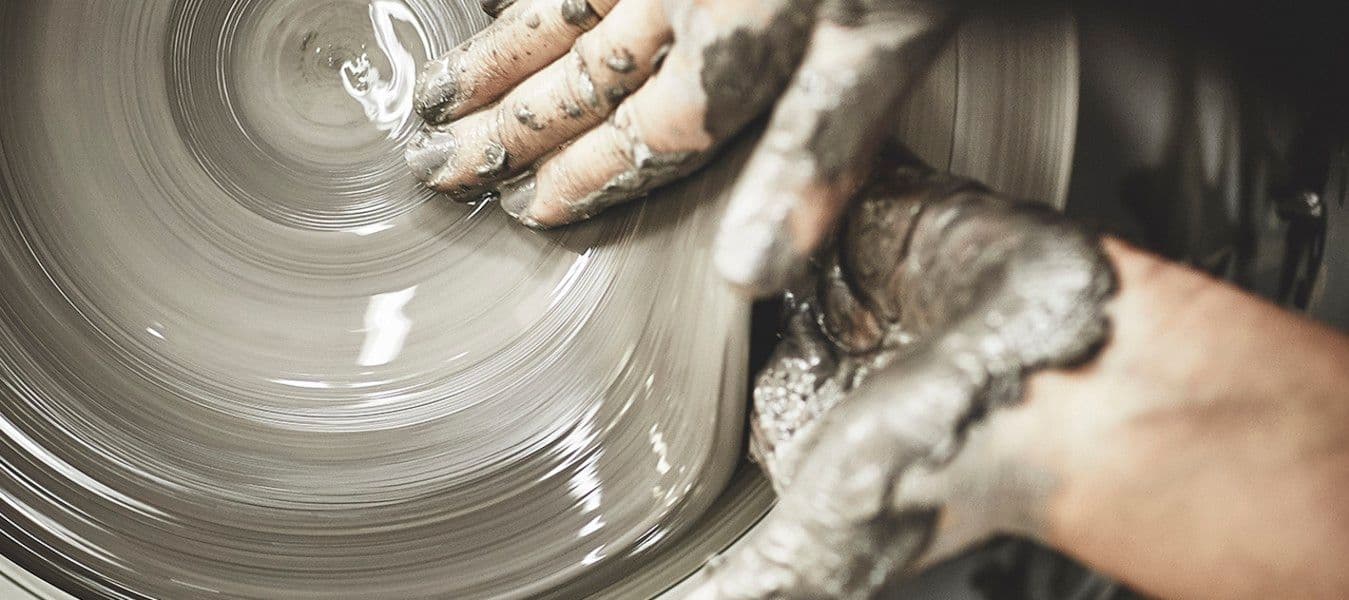
Shared meals and local design to create jobs where they are needed
Together with artisans in the Thai highlands, Ploypan and Decha have developed a set of dishes, bowls, and vases with the respect for elders in mind. We talked to the two designers about LOKALT and how design can create jobs where they are most needed.
In the northern parts of Thailand, the Doi Tung mountain rises steeply from northern Thai highlands. This remote area is known as the Golden Triangle and has been a major region for illicit opium production. This is also where the Doi Tung Development Project was founded in 1988, to provide job opportunities and foster economic growth in local communities, replacing the cultivation of drug crops. IKEA partnered with the social enterprise more than a decade ago, with both unique handcrafted products and job opportunities as a result.
On the pottery wheels and in the casting molds, clay is thrown and shaped into sets of dishes, bowls, and vases. As a literal final touch, the fingerprints of the artisans remain after firing, a reminder of the traditional handicraft. 140 skilled artisans are working on the coming IKEA collection LOKALT, a collaboration with not just social entrepreneurs in Jordan, Thailand, and India, but this time also with local designers.
Ploypan Theerachai and Decha Archjananun from the Bangkok-based THINKK design studio, are known for combining contemporary design with traditional handicraft. For LOKALT they have designed a ceramic collection, and the work started with getting to know the Doi Tung artisans.
“We observed their skills and considered materials before coming up with a blueprint. After a series of online meetings between Doi Tung, Bangkok, and Älmhult, we returned to Doi Tung once more to develop the prototypes,” says Ploypan.
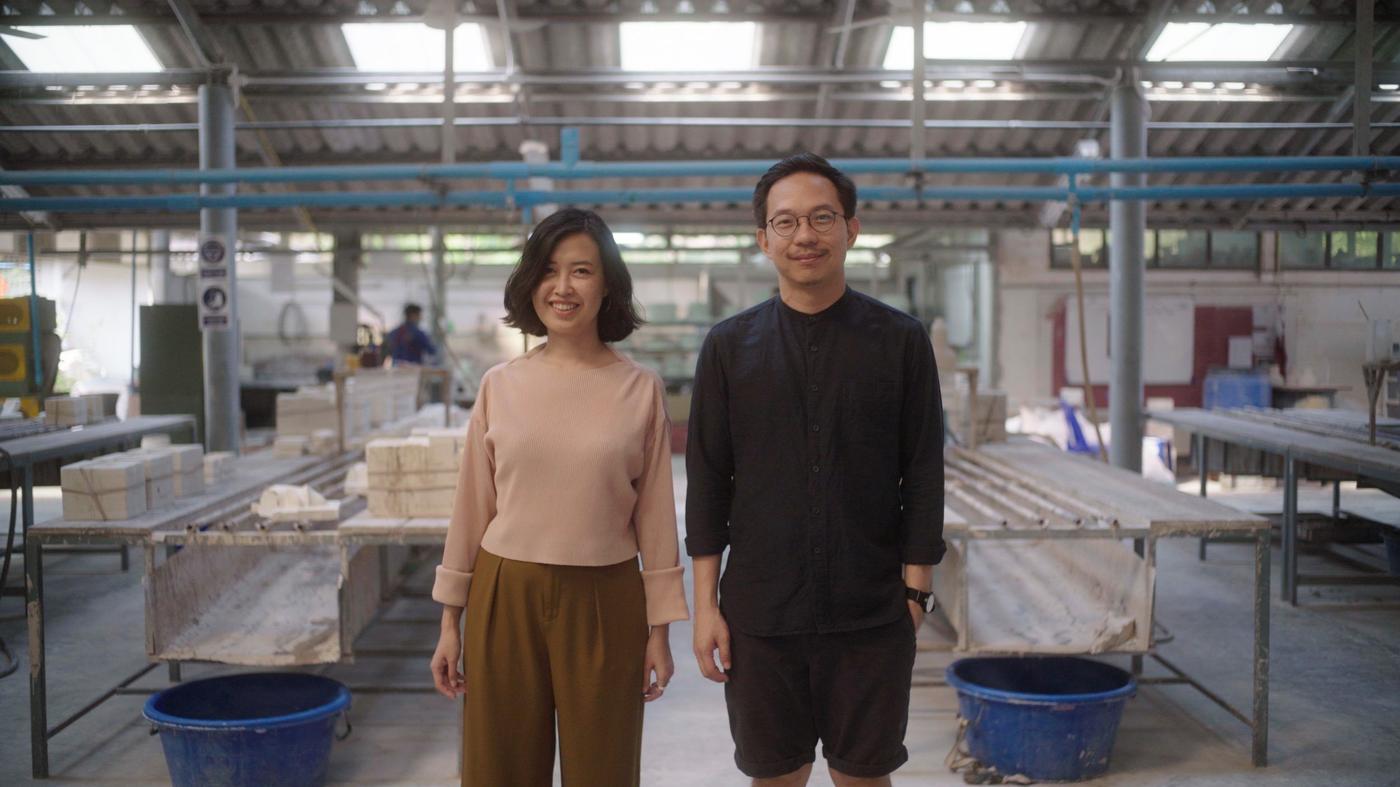
When asked how they combine contemporary design and traditional handicraft, Ploypan and Decha described how they deconstructed the idea of Thai design, finding the essence of materials and skills. Complex local nuances are simplified, making the end result more universal.
“There has been much trial and error in the production. The entire process is handled manually from sorting out raw materials to assembling, but it was important to use environmentally friendly production processes and preserve valuable craftsmanship and legacy,” says Ploypan.
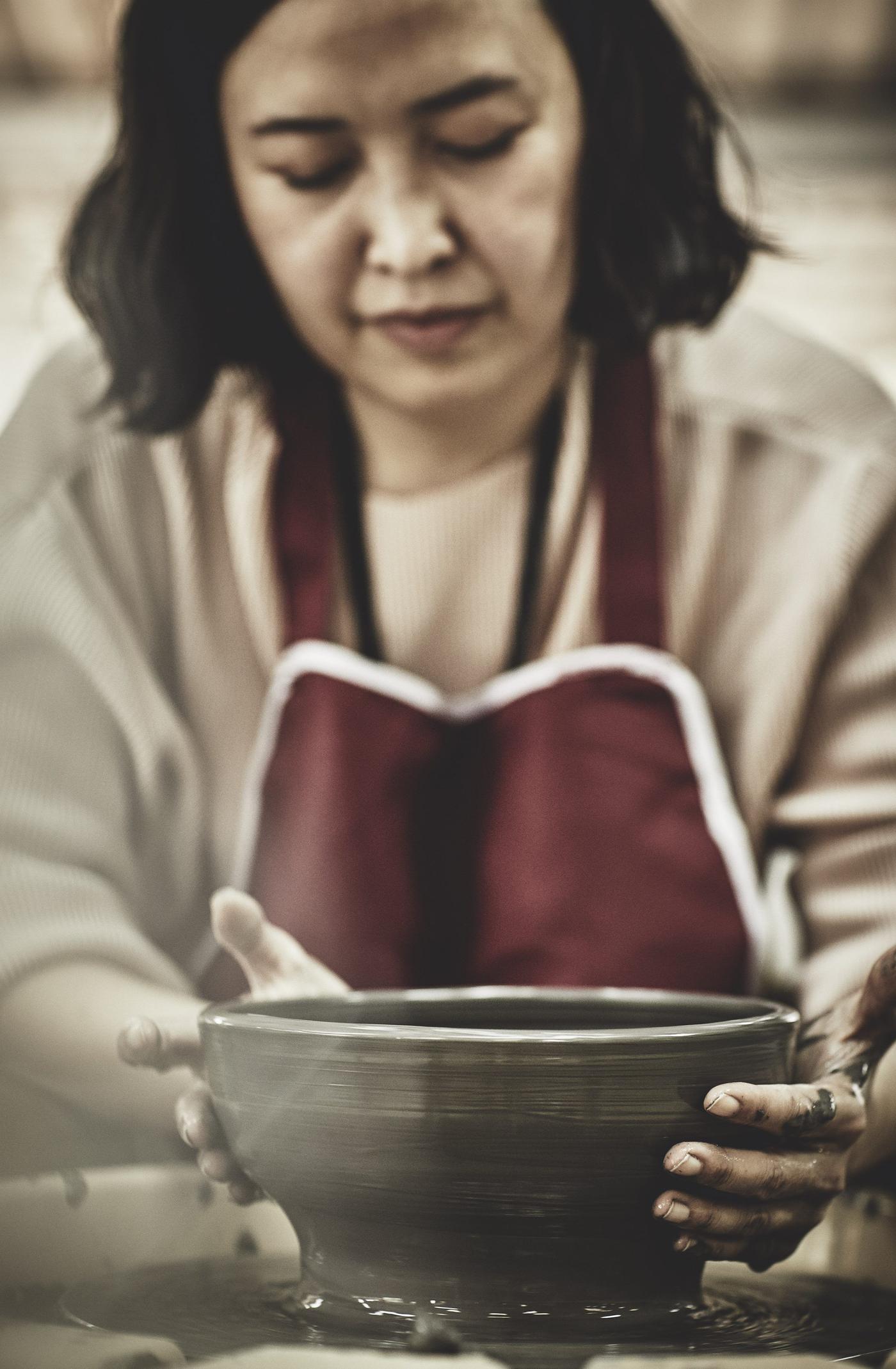
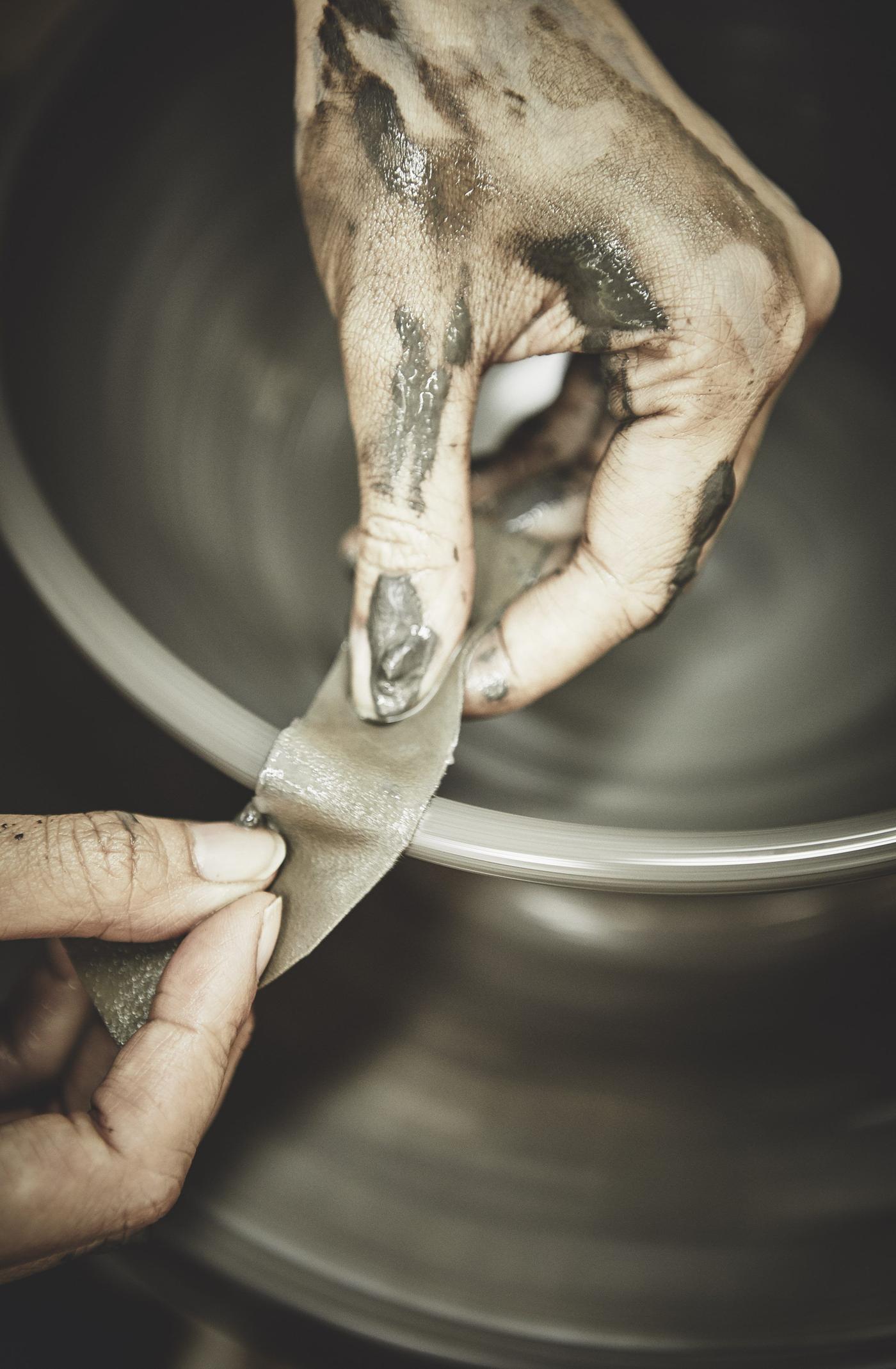
Kiang Aitao, one of the artisans at Doi Tung, describes the work with LOKALT as challenging where new techniques have been developed.
“We have new ways of working, and that we’ve developed our skills. My favourite item is the tall serving bowl. I am curious about how people will use it. For ice cream, maybe?” says Kiang.
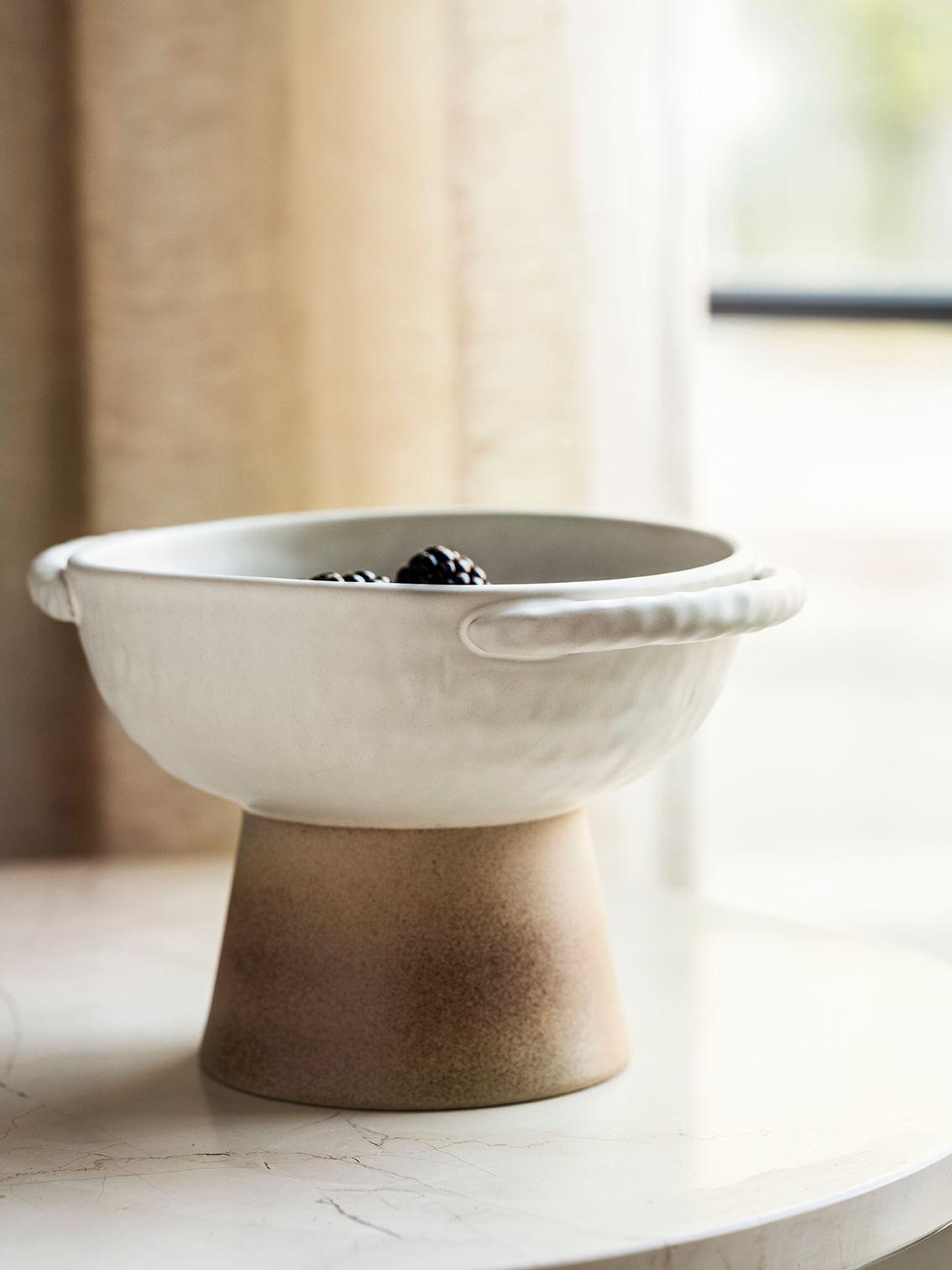
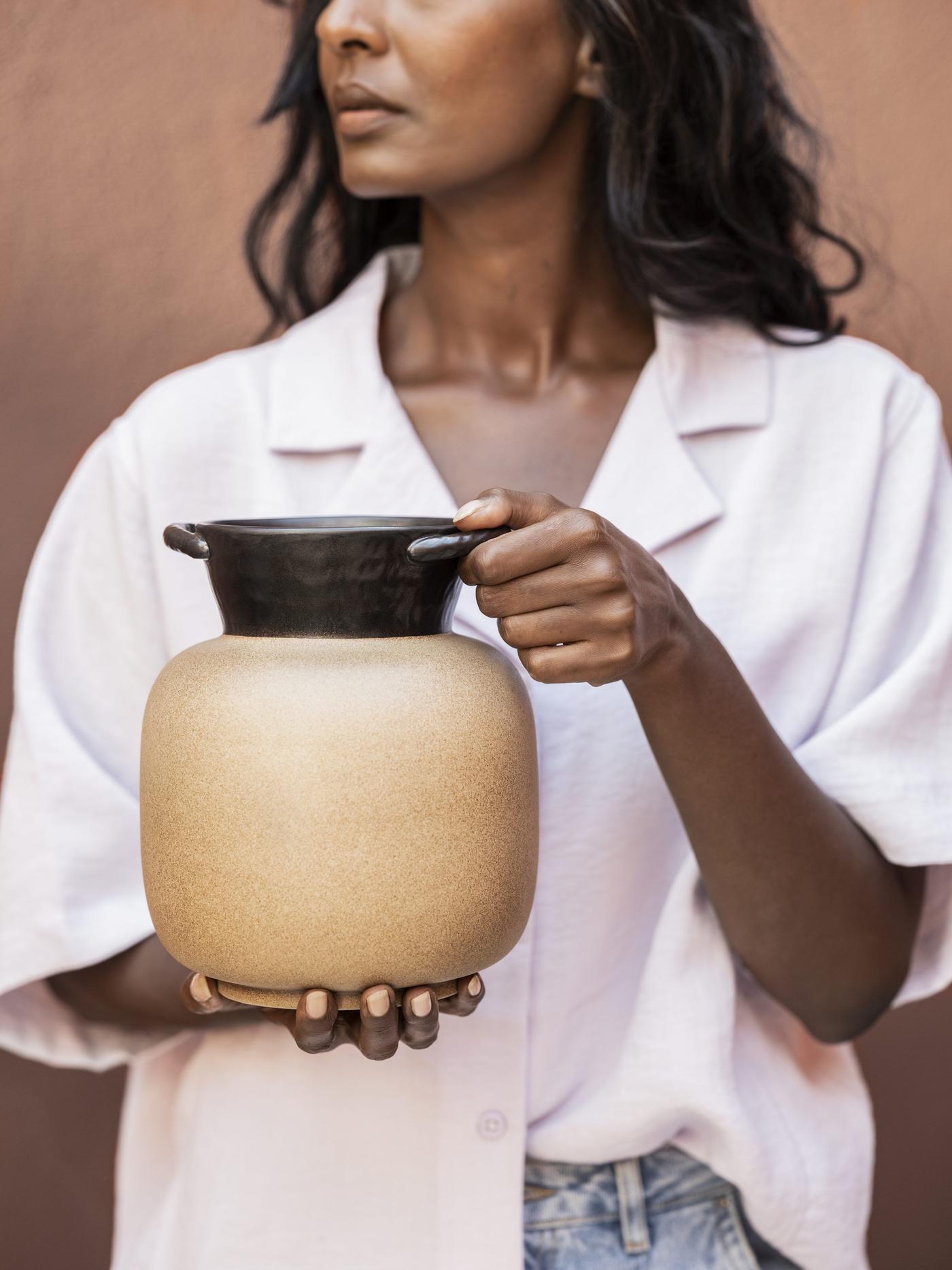
The LOKALT collection will be in stores 2021. Social businesses contributing to the LOKALT collection are Jordan River Foundation in Jordan, Doi Tung in Thailand, Industree in India, and Diamond carpets female weavers in India.